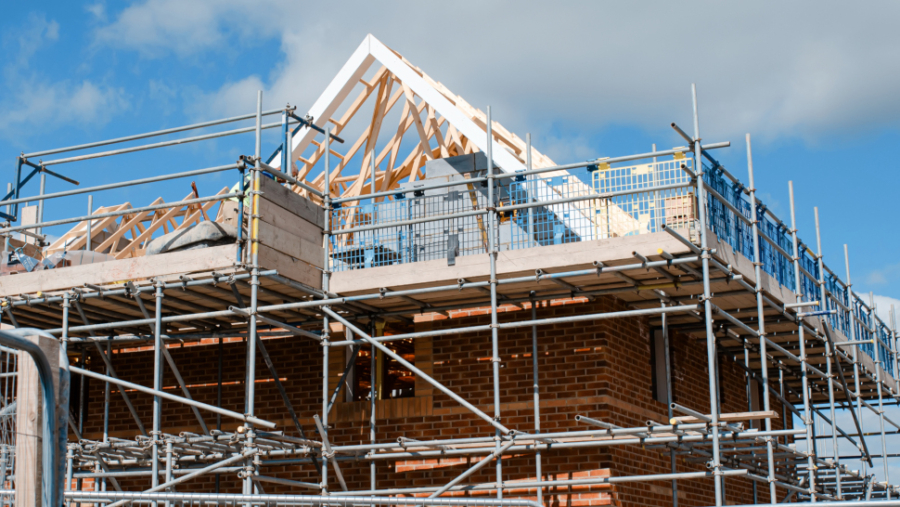

If there’s more than one reason for delay in building works, and where both the employer and the contractor are responsible, what are the principles to be applied in determining what compensation if any will be due to the contractor?
In the case of Thomas Barnes & Sons Plc v Blackburn with Darwen Borough Council [2022] the Court decided a case in which the Council had engaged Thomas Barnes to construct a bus station under a JCT standard form contract. When the works were substantially delayed, the Council terminated the contract. Thomas Barnes later went into insolvency and the administrators issued legal proceedings disputing that the Council had grounds to terminate and also claiming the contractor was entitled to an extension of time and to loss and expense.
The claims
The contractor’s extension of time claim was based upon delays caused by deflections in the steel frame which was a design issue the Council was responsible for. The Council argued that concurrent with the delays caused by the steel frame deflections, there were delays to the works caused by problems with the roof covering, which was the responsibility of the contractor.
In this case the Court made a number of points, including that when it comes to such claims for compensation following concurrent causes of delay it is not any kind of delay that we should be concerned about. It is only such delay as impacts on the achievement of practical completion which is relevant, i.e. critical delay. The Court also confirmed a key principle which applies in such disputes is that a contractor is entitled to an extension of time if an effective cause of the delay is one for which the employer is responsible, even where there is a concurrent cause of delay that the contractor is responsible.
The Council’s position in this case was that the critical path for the works ran through the steelworks and into the roof covering and hence it was the roof covering which was the primary cause of the delay. Conversely, the contractor’s case was that the impact of the deflections in the steel frame, for which the Council was responsible, continued through and beyond any delay to the roof covering. As such, the roof covering was not a cause of critical delay.
The court’s decision
The Court decided that the delay which resulted from the steel frame deflections started in August 2014 and continued until February 2015 whereas the delay relating to the roof covering was in two parts. First, the delay to the commencement of these works ran from 23 September 2014 to 3 November 2014. Second, these works were completed on 23 February 2015, which was 26 days longer than programmed.
As such, the decision of the Court was that the contractor was delayed in relation to the roof covering for a reasonable proportion of the period when the programme was delayed due to the steel frame deflections. The Court agreed that the roof covering issues were critical to achieving practical completion because this work needed to be undertaken before works started on internal finishes, services and glazing.
In particular, in the period in question, even if there had been no delay in the roof covering works, the finishes – which were on the critical path – could not have started any earlier because of the delay which had been caused by the steel frame deflections.
It was also correct to say that even if there had been no delay as a result of the steel frame deflections, the finishes could not have started any earlier because of the delays to the roof covering, therefore the roof covering delays was an active cause of delay.
In conclusion
The result meant that the contractor was awarded most of its extension of time claim. However, it was only awarded part of its claim for loss and expense because where there is concurrent delay then the contractor cannot also recover loss and expense where the relevant delay is the fault of the contractor.
In previous cases the Court appeared to be favouring a position that there would be no concurrency to assess if a contractor was already in delay but then a relevant event occurred which, by reason of the existing contractor delay, made no difference. However, the approach taken by the Court in this case is different and arguably leads to a fairer result.










